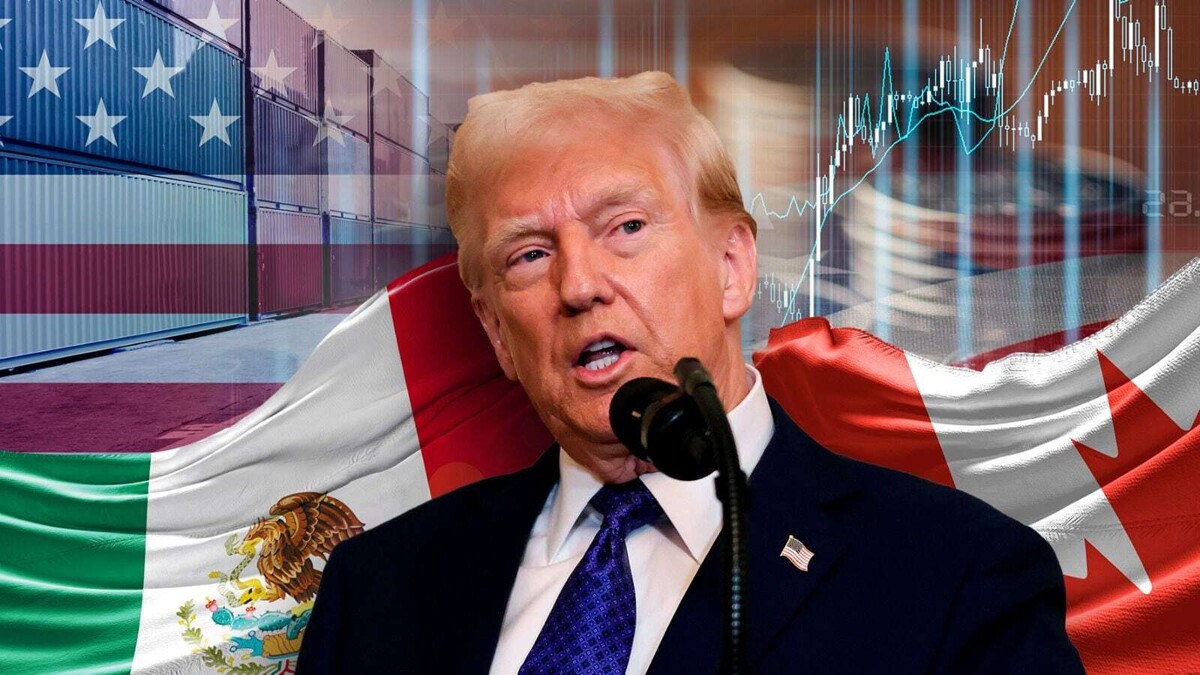
The President of the United States, Donald Trump, has implemented tariffs on imported goods, a measure that lacks great popularity among the citizens of the country. According to various surveys, between 46 and 50 percent of the American population believes that this policy could be detrimental to the national economy.
In a survey conducted by the AP-NORC Center for Public Affairs Research and the Wall Street Journal, it was found that 46 percent of respondents oppose the imposition of tariffs on products entering the United States from abroad. Additionally, 68 percent of respondents in the Wall Street Journal survey believe that tariffs could lead to an increase in the prices of goods.
A survey conducted by FOX News revealed that half of the respondents think that taxing imports could harm the U.S. economy, although 32 percent believe it could be beneficial. On the other hand, eight out of ten people surveyed by the New York Times/Ipsos and CNN believe it is very likely that Donald Trump will impose tariffs as he has promised.
Despite this support for Trump's actions regarding tariffs, only 1 percent of FOX News respondents consider that this measure should be the main priority of his government. Confidence in the president's decisions decreases when it comes to reducing the costs of goods, according to the AP-NORC survey.
The intention to impose a 25 percent tariff on Canada and Mexico starting February 1 could have a significant impact on the North American economy and on American families. U.S. experts have estimated that this increase in tariffs could lead to an increase of between $2,500 and $4,300 in household expenses in the country.
In line with these estimates, this increase could represent up to 5.6 percent of the average household expenditures in the U.S. In this regard, only 20 percent of Americans trust that Trump's policies can help reduce the costs of food, housing, or medical care, according to the AP-NORC survey.














